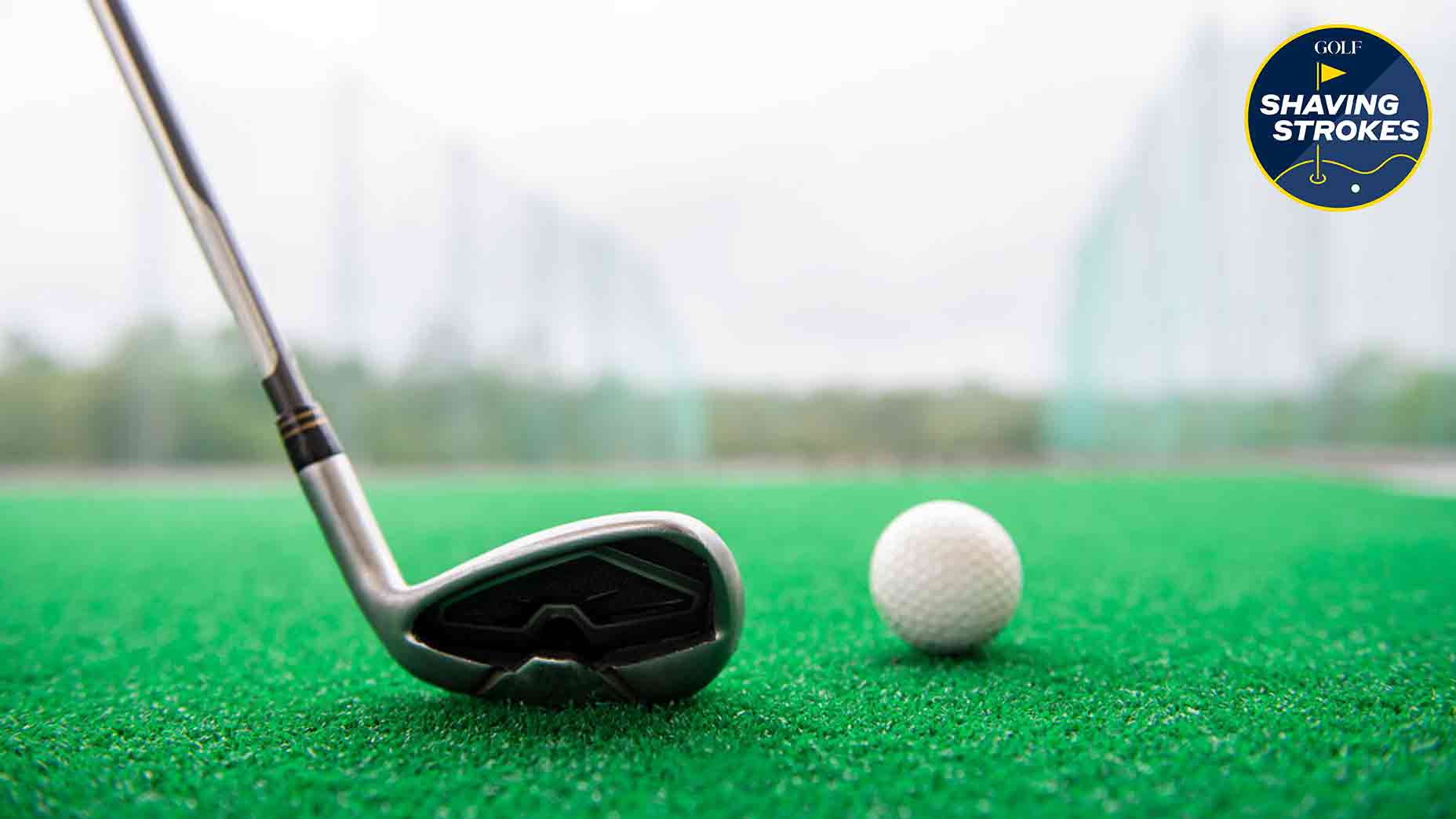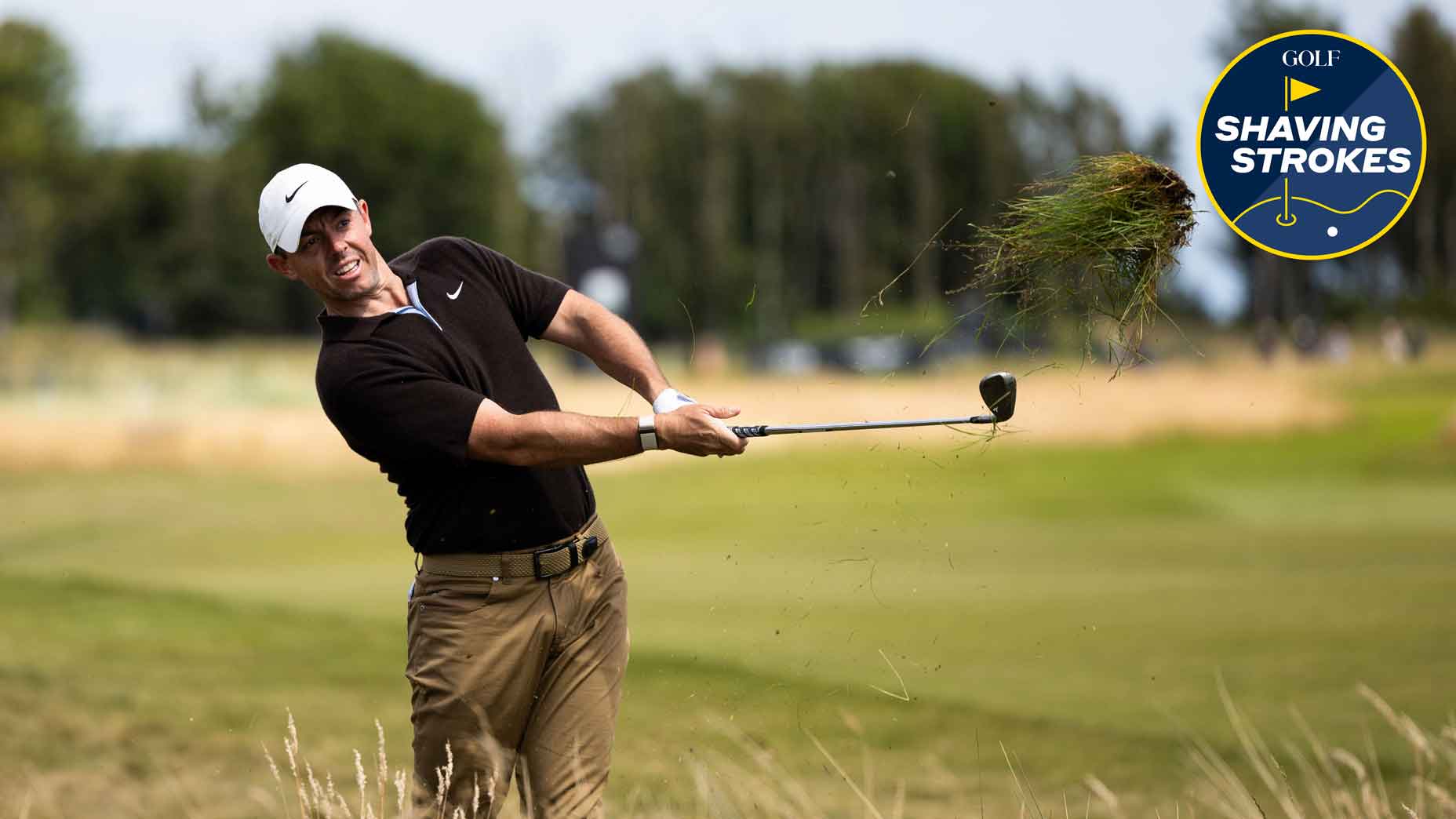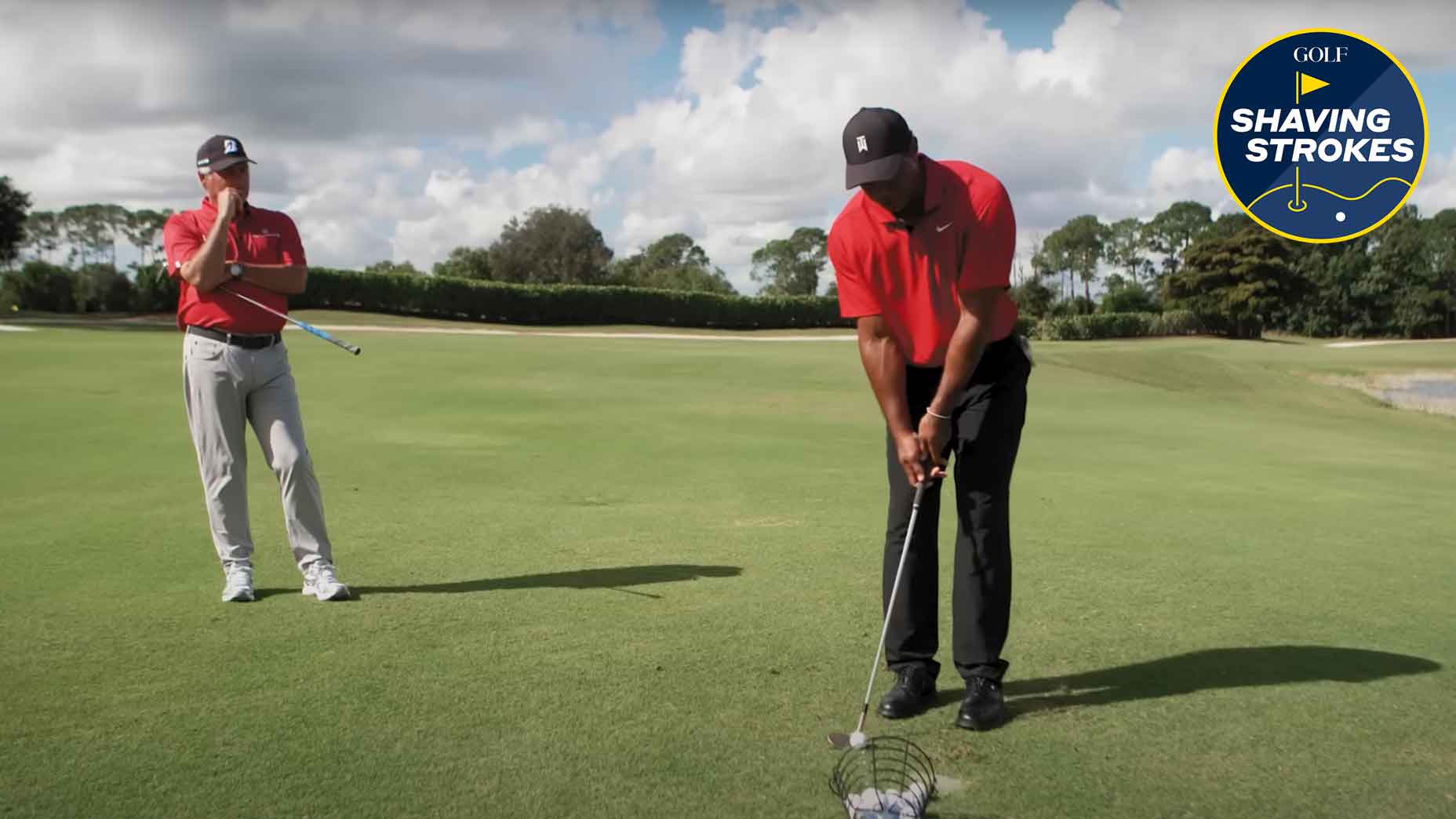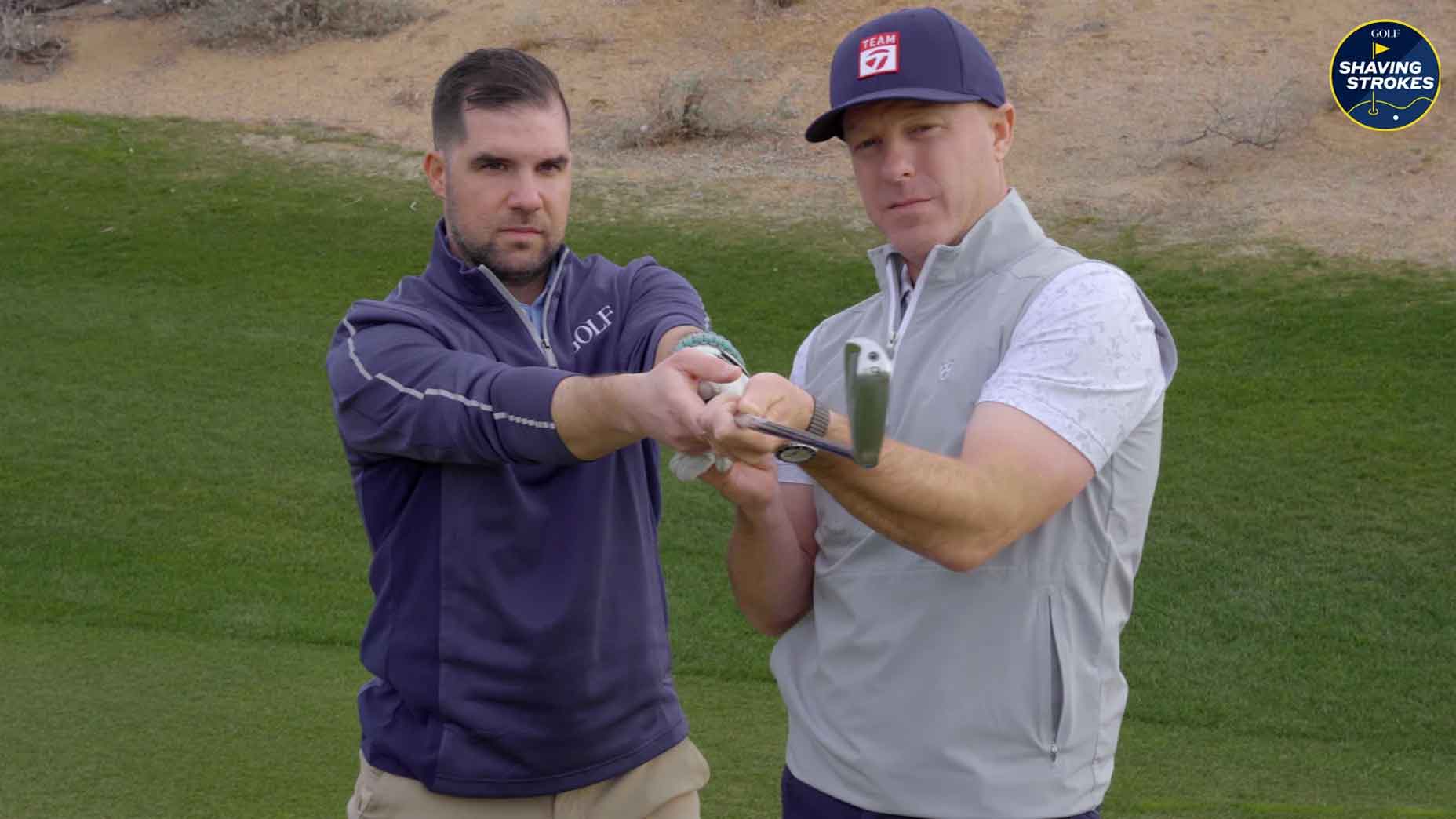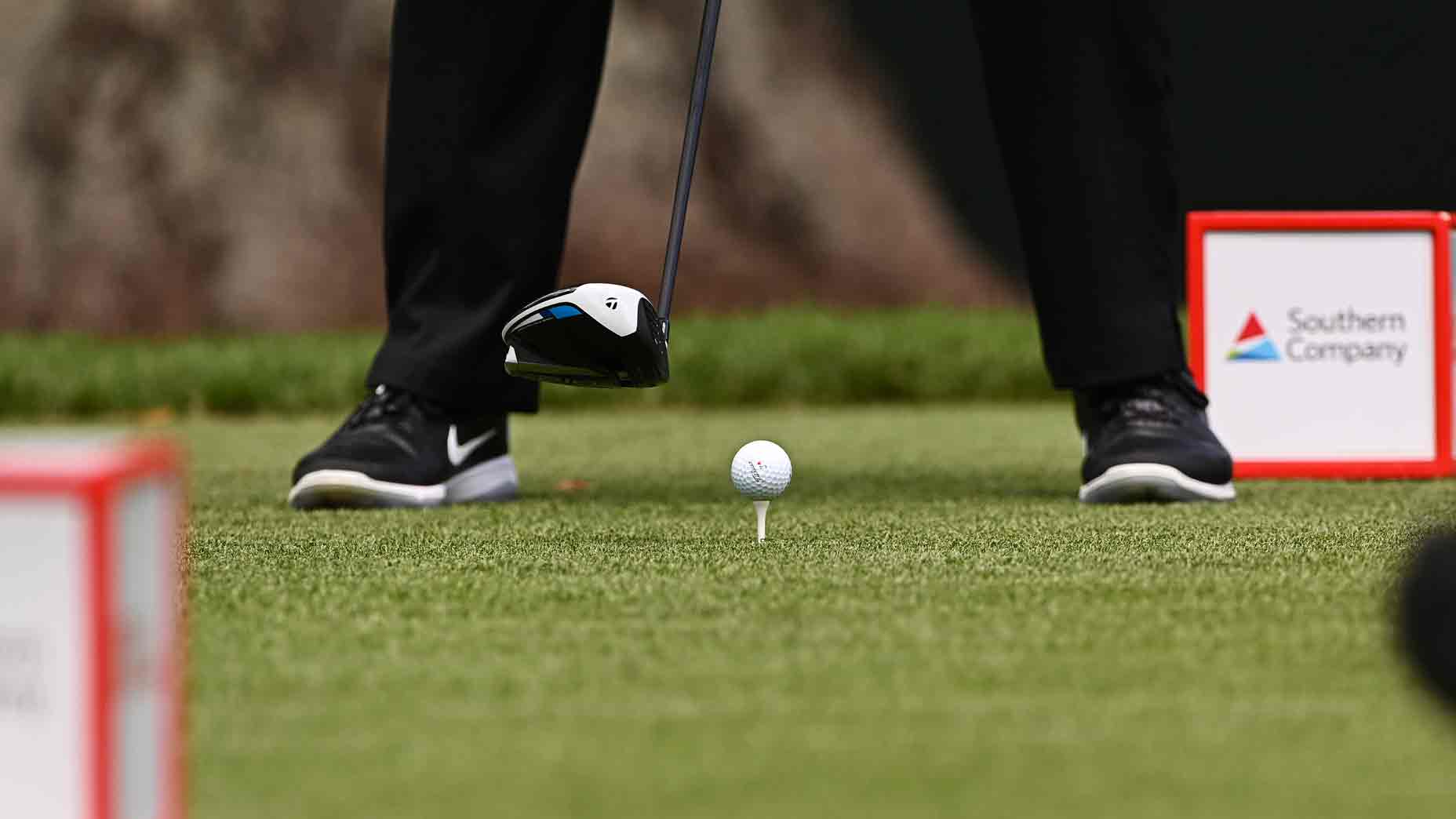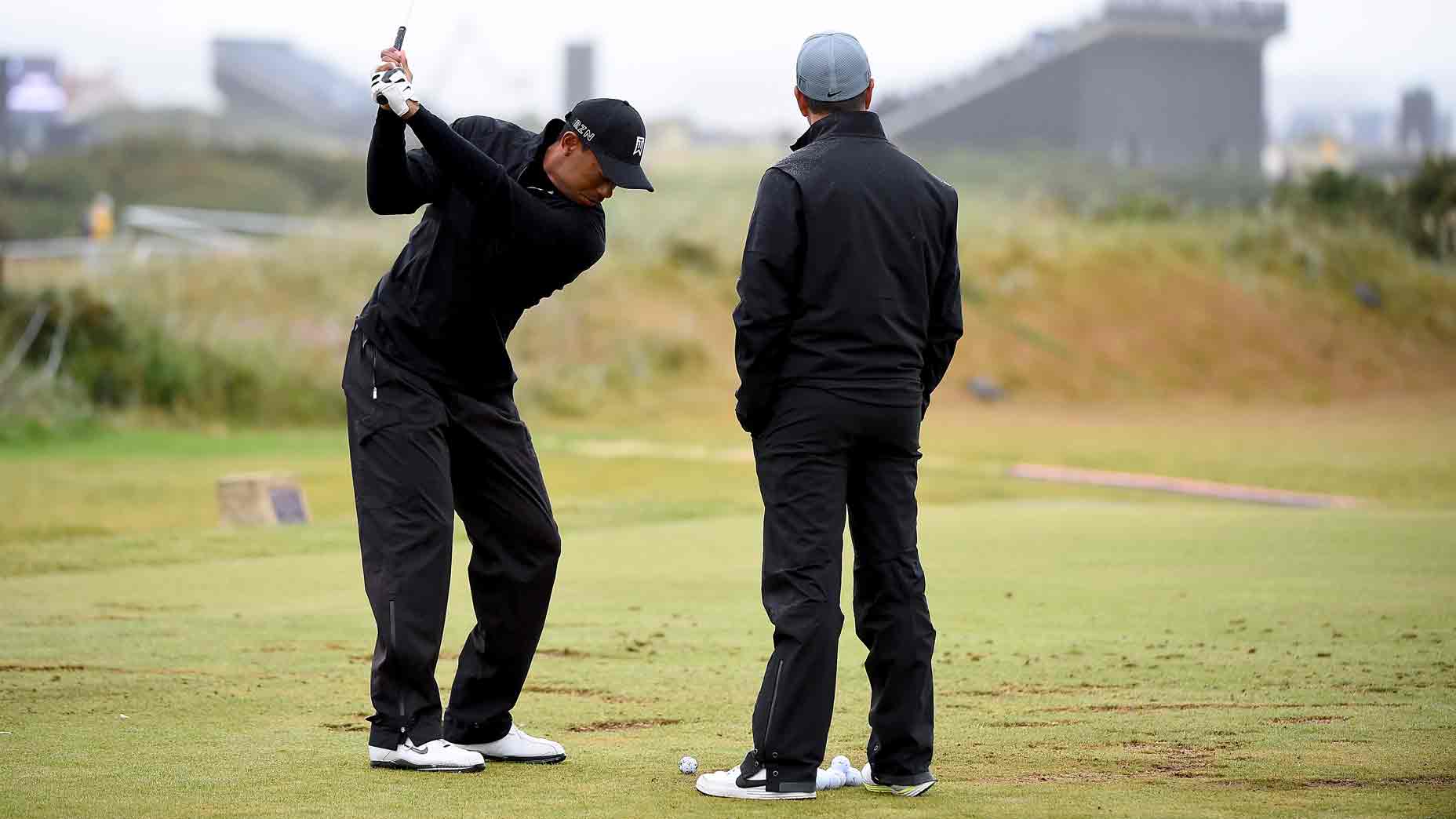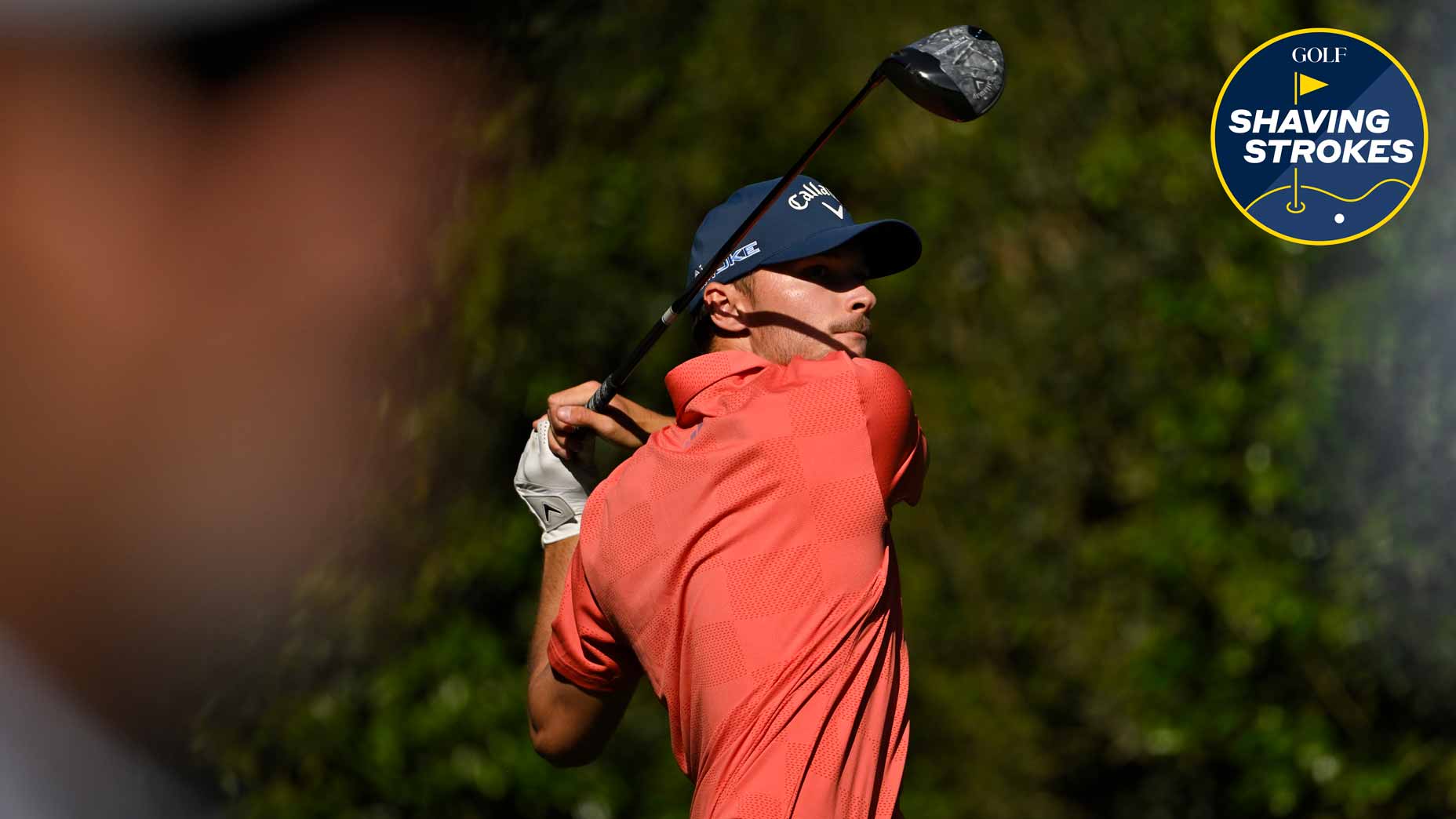What causes the yips? This study might help reveal the answers
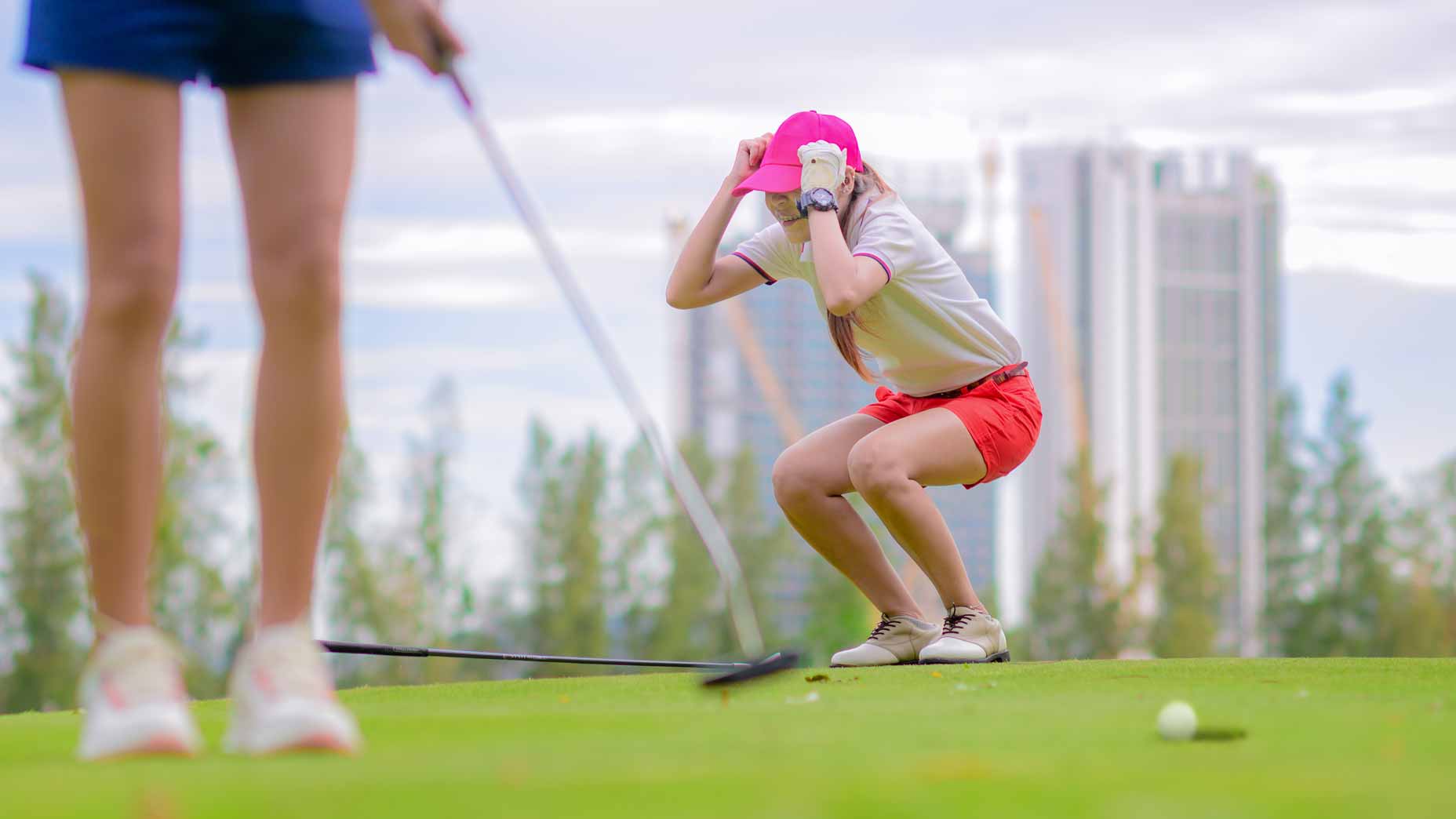
The yips are a nasty ailment for any golfer, but what exactly causes them?
Getty Images
The yips are a nasty ailment for any golfer. The syndrome can bring even the best golfers to their knees and wreak havoc on your game.
But why is it that golfers come down with the yips? It’s a question that has been posed for many years, and normally comes with few answers. However, as technology has advanced, we’ve been able to use science to nail down the root cause of the yips.
I was lucky enough to be a part of a team that conducted a yips study that used science to nail down the cause of ailment. In this study, led by Dr. Charles Adler, a neurologist at the Mayo Clinic College of Medicine in Scottsdale, Ariz., we set out to distinguish golfers with the yips due to a dystonia (a neurological disorder that causes twisting and jerking movements) from those with the yips for other reasons.
Here’s what we found.
This was a small study that built on two previous studies, but one of the unique findings was that for those who had the yips due to a dystonia, the rate of yipping putts did not change when they changed from putting with both hands on the putter to putting one- handed with only their right hand. For those golfers with the yips due to other reasons, the rate of yipping was 31 percent while putting with two hands, but that number jumped up significantly to 82 percent when putting with just the right hand.
Golfers may be able to use this information to help learn the origins of the yips for individual golfers. Further studies are likely necessary to see if this right-hand only putting can be used as a diagnostic tool to determine if those golfers with non-dystonic yips go on to develop a dystonia. And further studies may also help to dispel many of the common myths associated with the yips.
For instance, one golfer in the study had perfect alignment at address but still yipped putts. While putter face alignment has often been theorized to be a cause of yipping putts, that obviously wasn’t the case with this individual.
There can be many reasons for the yips, but for some, we know that a neurological condition called a dystonia is the cause. For others, we will have to wait to find out the answers.






